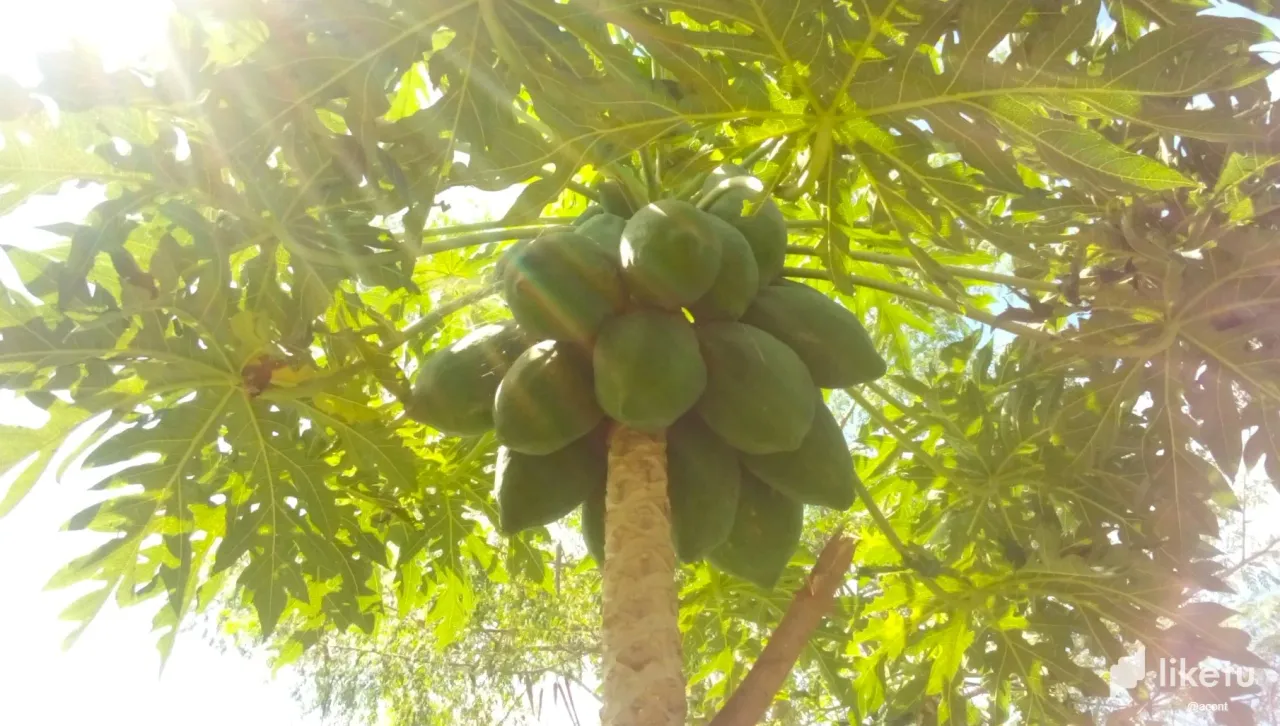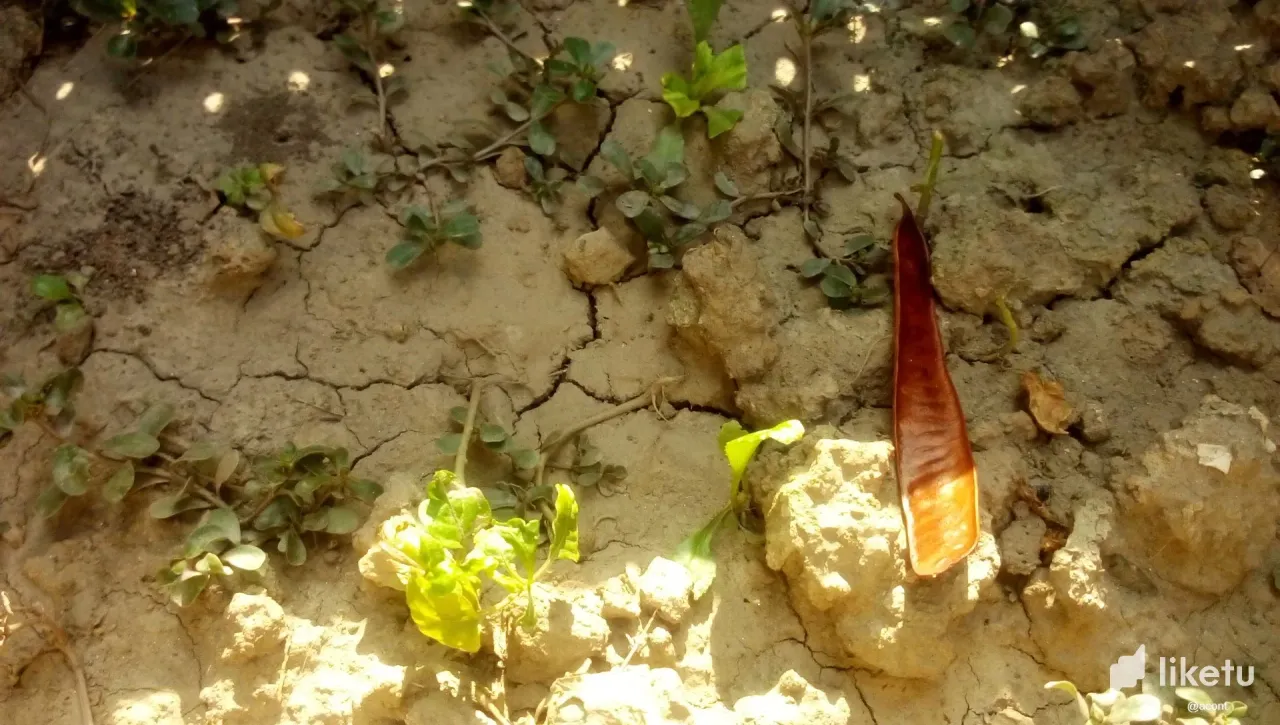



Esta reflexión parte de mi experiencia personal respecto al manejo del tiempo. Cuando estaba en la universidad estudiando ingeniería, hubo semestres en los que llegué a cursar 6 o 7 materias a la vez, y hubo otros en los que cursé sólo 4 o 5.
Sin embargo, podrías pensar que en los semestres donde cursé más asignaturas todo fue un caos mientras que en los otros todo fue más fácil y tuve más tiempo libre para hacer otras cosas además de obtener mejores notas en esas 4 o 5 asignaturas. No fue tan así.
Lo que sucedió fue que varios de esos semestres en donde las asignaturas eran más y había menos tiempo libre, fueron quizás los semestres más productivos de mi carrera, e incluso obtuve muy buenas notas. Mientras que, por otro lado, en esos semestres menos cargados de horas fui quizás un poco menos productivo e incluso mis notas pudieron haber sido mejores.
Habían otros factores como, por ejemplo, la dificultad de esas 4 o 5 materias, en comparación de la dificultad de esas 6 o 7 materias, además de mi afinidad con esas materias y la manera en que la dictó el profesor que me tocó. Sin embargo, creo que algo se puede reflexionar al respecto.
Cuando estamos más cargados de tareas y hay menos tiempo disponible, quizás nuestra mente se enfoca tanto en cumplirlas que pones más enfasis en la planificación efectiva de las cosas. Y cuando tienes más tiempo libre, hay más posibilidades de que nuestra mente divague mucho, se deteriora nuestra capacidad de planificación y manejar el tiempo de manera efectiva, a pesar de haber más.
A mayor cantidad de tareas tuve mejor enfoque y concentración, y creo que se debe a que dedicaba más tiempo a hacer que a pensar. Creo que me he dado cuenta que hacemos más teniendo más que hacer, y no se puede hacer más simplemente por inercia. Debe haber un impulso, algo que mantenga activo nuestro movimiento.
Pero más difícil que hacer es saber qué hacer. Y cuando gastas más enegía pensando en qué hacer haces menos. Hay un límite para lo que podemos hacer, pero es mejor tener qué hacer que no tener nada que hacer. Y todo esto depende de la importancia de lo que nos proponemos hacer. Pensar, hacer, en un equilibrio. Gracias por leerme, soy @acont ¡Hasta la próxima!

This reflection is based on my personal experience regarding time management. When I was in college studying engineering, there were semesters in which I took 6 or 7 subjects at a time, and there were others in which I took only 4 or 5.
However, you might think that in the semesters where I took more subjects, everything was chaos while in the others everything was easier and I had more free time to do other things besides having better grades in those 4 or 5 subjects. It is not like that.
What happened was that several of those semesters where the subjects were more and there was less free time, were perhaps the most productive semesters of my career, and I even got excellent grades in those semesters. While, on the other hand, in those semesters less loaded with hours I was perhaps a little less productive and even my grades could have been better.
There were other factors such as, for example, the difficulty of those 4 or 5 subjects, compared to the difficulty of those 6 or 7 subjects, as well as my affinity with those subjects and how the professor who taught me taught them. However, I think there is something to reflect on.
When we are more loaded with tasks and there is less time available, perhaps our mind is so focused on accomplishing them that we put more emphasis on the effective planning of things. And when you have more free time, there are more chances that your mind wanders a lot, and your ability to plan and manage time effectively deteriorates, even though there are more of them.
The more tasks I had the better my focus and concentration, and I think it's because I spent more time doing than thinking. I think I realized that we do more by having more to do, and you can't do more simply out of inertia. There must be an impetus, something to keep our movement active.
But more difficult than doing is knowing what to do. And when you spend more energy thinking about what to do, you do less. There is a limit to what we can do, but it is better to have what to do than nothing to do. And all this depends on the importance of what we set out to do. Thinking, doing, in a balance. Thanks for reading me, I'm @acont See you next time!
Translated to English language with the help of DeepL.com
Fotografías de autoría propia / Own photos (Redmi 9C)
Otras redes sociales:
 |
 |
 |
F1 & motorsports: @acontmotor
Expresión Creativa. Literatura | Entretenimiento | Arte: @acontblog
| ¡Gracias por visitar! — ¡Thanks for visiting!  |